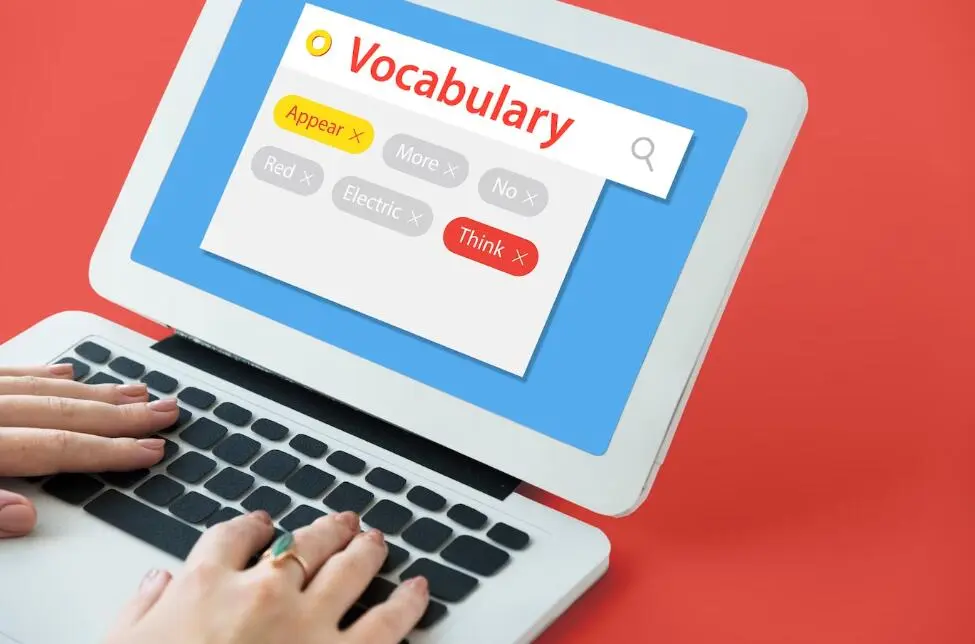The adage “Laughter is the best medicine” is not reserved just for life’s woes; it has an esteemed place in the realm of education too. The spontaneous chuckles, the shared guffaws in a classroom setting—such moments can profoundly amplify the process of learning. Especially in vocabulary assessments, integrating humor not only boosts engagement but also reinforces retention.
Table of content
- Part 1: 5 Hilarious Vocabulary Knowledge Assessment Ideas
- Part 2: OnlineExamMaker: Free Vocabulary Knowledge Assessment Software for Teachers
- Part 3: How to Make A Vocabulary Knowledge Assessment in OnlineExamMaker?
The Connection Between Humor and Memory
Scientists and educators alike have delved deep into the link between humor and memory. Humor stimulates the brain’s dopamine levels, a neurotransmitter that plays a pivotal role in memory and information retention. So, when a vocabulary lesson draws a laugh, it’s likely that the word will stick. Making vocabulary lessons a jovial experience can, therefore, be an educator’s secret weapon for ensuring long-term recall.
Benefits of Funny Vocabulary Assessments

Test anxiety, a common classroom ailment, often diminishes when humor enters the equation. The more students enjoy the process, the more relaxed and receptive they become. Moreover, humor can simplify the intricate maze of the English language, making challenging words seem less daunting. When a word is associated with a funny memory, its meaning often imprints more deeply in a student’s mind.
5 Hilarious Vocabulary Knowledge Assessment Ideas
1. Word Comedy Skits:
Hand students a list of vocabulary words and watch the magic unfold as they create comedic skits. Not only does this method tickle the funny bone, but it also compels students to delve deep into the word’s essence, ensuring they use it correctly in a humorous context. The act of performance further solidifies the word in memory.
2. Pun-tastic Word Challenges:
Ah, the art of puns—a realm where words dance in delightful twists! Challenge students to concoct the wittiest puns using new vocabulary. This playful approach not only reinforces word meanings but also cultivates a love for the intricacies and quirks of language.
Just to let you know
Sign up for a free OnlineExamMaker account to create an interactive online quiz in minutes – automatic grading & mobile friendly.
3. Comic Strip Vocabulary:
A picture, they say, is worth a thousand words. Let students harness their inner artists by drawing comic strips where characters land in laugh-worthy scenarios, all centered around the new vocabulary. Visual cues, when combined with humor, can be a potent memory enhancer.
4. Whacky Word Stories:
Here’s where imagination runs wild. Task students with weaving bizarre, rib-tickling tales using a set of vocabulary words. As they journey through the lands of the absurd, they anchor each word’s meaning, making recall a breeze later.
5. Vocab Charades:
Gesture, act, and hilarity ensue in this classic game, tailored for vocabulary. Students mime words while their peers guess, leading to a plethora of light-hearted moments and deepened word comprehension.
Tips for Implementing Funny Vocabulary Assessments
1. Know Your Audience:
While humor is universal, its interpretation varies. Educators should be attuned to what resonates with their particular group, ensuring jokes are age-appropriate and culturally sensitive.
2. Balance Humor with Learning:
Laughter is the goal, but learning shouldn’t be eclipsed. Humor should enhance, not overshadow. It’s vital to ensure that while fun is had, the essence of vocabulary learning remains intact.
3. Encourage Group Work:
There’s a unique joy in shared laughter. Group activities often lead to diverse, hilarious outcomes, enriching the learning experience.
4. Use Multimedia Resources:

The digital age offers a treasure trove of humorous videos, memes, and online platforms tailored for vocabulary learning. Leveraging these resources can add a fresh, funny spin to lessons.
5. Feedback with a Pinch of Humor:
When reviewing assessments, a light-hearted comment or a witty remark can keep the spirit of the lesson alive, making feedback sessions something students look forward to.
OnlineExamMaker: Free Vocabulary Knowledge Assessment Software for Teachers
OnlineExamMaker is an innovative vocabulary assessment software that revolutionizes the assessment process with its advanced features. From dynamic test creation to secure online proctoring, personalized assessments, automated evaluation, and comprehensive analytics, OnlineExamMaker empowers organizations to conduct efficient and reliable assessments.
Key Features:
Add Multi Media: Add video, audio, images into the questions to create interactive exam experience. Make quiz more interactive and engaging.
Personalized Assessments: OnlineExamMaker empowers organizations to create personalized assessments by allowing custom branding, question randomization, and adaptive testing.
Automated Evaluation: OnlineExamMaker automates the grading process, reducing manual effort and minimizing errors.
Create Your Next Quiz/Exam with OnlineExamMaker
How to Make A Vocabulary Knowledge Assessment in OnlineExamMaker?
Step 1: Login to OnlineExamMaker platform.
Step 2: Create a vocabulary test, then edit its information.
Step 3: Add questions to the assessment, then customized settings.
Step 4: Publish the vocabulary assessment, then assign it into your students.
Conclusion
The world of vocabulary is vast and wondrous, filled with words that narrate tales of yore, describe the indescribable, and paint vivid imaginations. By infusing this world with humor, educators unlock a realm where learning is joyous, memorable, and effective. So, the next time a vocabulary lesson looms, remember—a sprinkle of humor could be the very catalyst that turns a routine class into an unforgettable linguistic adventure.